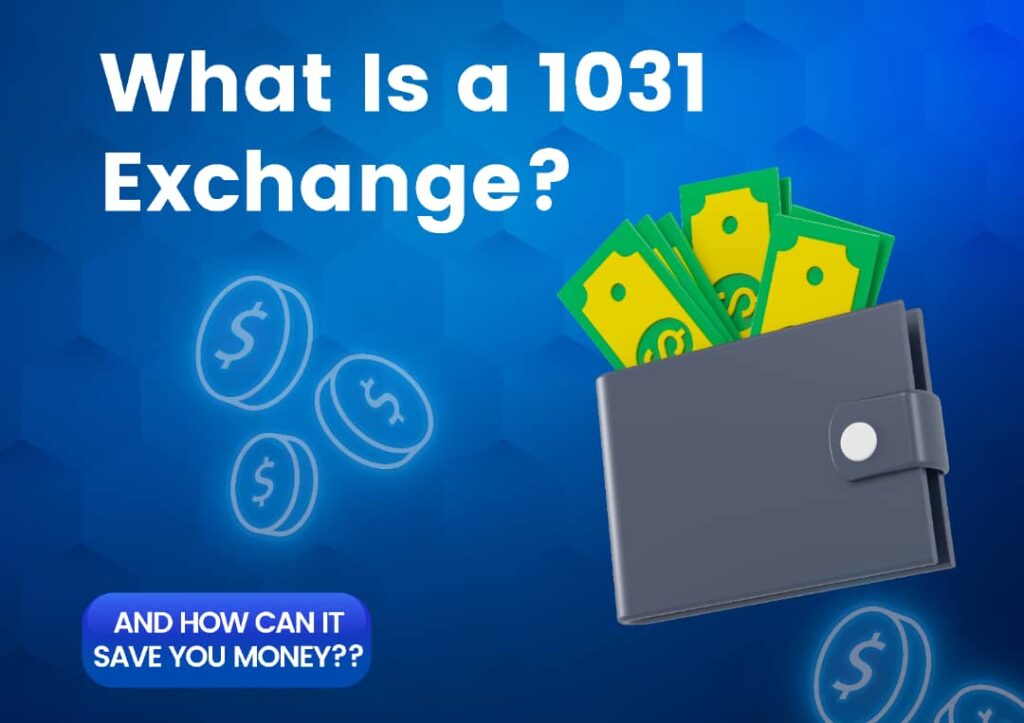For real estate investors, the term “1031 exchange” might sound like insider jargon. Yet, understanding this powerful tax-deferral strategy could be a game changer for those looking to grow their portfolios. A 1031 exchange, named after Section 1031 of the Internal Revenue Code, allows investors to defer paying capital gains taxes on the sale of investment properties when they reinvest the proceeds into another qualifying property. This tool is not just for seasoned investors; it’s an opportunity for beginners to build wealth more efficiently.
Let’s break down the basics of Section 1031, explore the rules, and understand how it can help you keep more money in your pocket while growing your real estate investments.
What Is Section 1031?
Section 1031 of the Internal Revenue Code allows taxpayers to exchange one investment property for another of “like-kind” while deferring capital gains taxes. Instead of paying taxes immediately on the profit from a sale, investors can reinvest the entire proceeds into a new property, maximizing their purchasing power.
Here’s why this is valuable: when you sell an investment property outright, you’re typically subject to capital gains tax, which can range from 15% to 20% for federal taxes, plus any state taxes. For example, if you sell a property for a $100,000 profit, you might owe $20,000 or more in taxes. With a 1031 exchange, you could instead roll the entire $100,000 into your next investment property, allowing you to grow your portfolio faster.
1031 Exchange Timelines and Rules

While a 1031 exchange offers significant tax advantages, it comes with strict rules and deadlines that must be followed to qualify. These rules ensure that the exchange process remains structured and aligns with the IRS requirements.
45-Day Rule
After selling your initial property, you have 45 days to identify potential replacement properties. During this period, you must submit a written identification of the properties to your qualified intermediary (a third-party entity required to facilitate the exchange).
You can identify up to three properties of any value or an unlimited number of properties, provided their combined value doesn’t exceed 200% of the original property’s sale price. This step requires strategic planning to avoid missing the deadline or selecting properties that don’t meet your investment goals.
180-Day Rule
The 1031 exchange must be completed within 180 days of selling your original property. This timeline includes the 45-day identification period, so once you’ve chosen a replacement property, you have an additional 135 days to close the purchase.
Missing these deadlines, even by a single day, can disqualify your exchange and leave you liable for capital gains taxes. Working with an experienced real estate professional and a qualified intermediary can help ensure you meet the timeline requirements.
1031 Exchange Tax Implications: Cash and Debt

To fully defer your capital gains taxes in a 1031 exchange, the replacement property must meet specific criteria regarding cash and debt. Here’s what to keep in mind:
- Equal or Greater Value:
The replacement property must be of equal or greater value than the property sold. If you “trade down” by purchasing a less expensive property, the difference in value (known as “boot”) is taxable. - Reinvestment of Proceeds:
All proceeds from the sale must be reinvested in the replacement property. If you pocket any of the sale proceeds, that amount will be subject to taxes. - Debt Replacement:
If the original property had a mortgage, the replacement property must carry the same or greater amount of debt. Alternatively, you can invest additional cash to offset the debt reduction.
Why Should You Consider a 1031 Exchange?
A 1031 exchange isn’t just a tax-deferral tool—it’s a wealth-building strategy. By deferring taxes, you can leverage more capital to acquire higher-value properties, diversify your portfolio, or expand into different markets.
For example, an investor might use a 1031 exchange to upgrade from a single-family rental to a multi-unit apartment building, thus increasing cash flow and potential returns. Similarly, an investor could exchange a property in one location for another in a rapidly growing market, positioning themselves for long-term appreciation.



1 Comment
Pingback: How to Scale Your Real Estate Portfolio from 1 to 10 Properties in 5 Years – Real Estate Talks